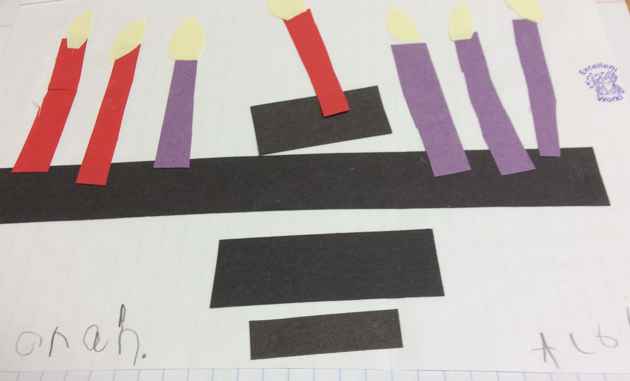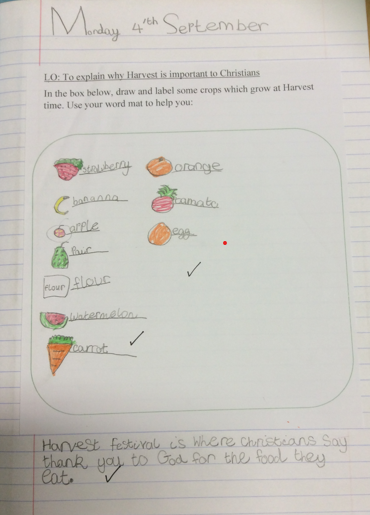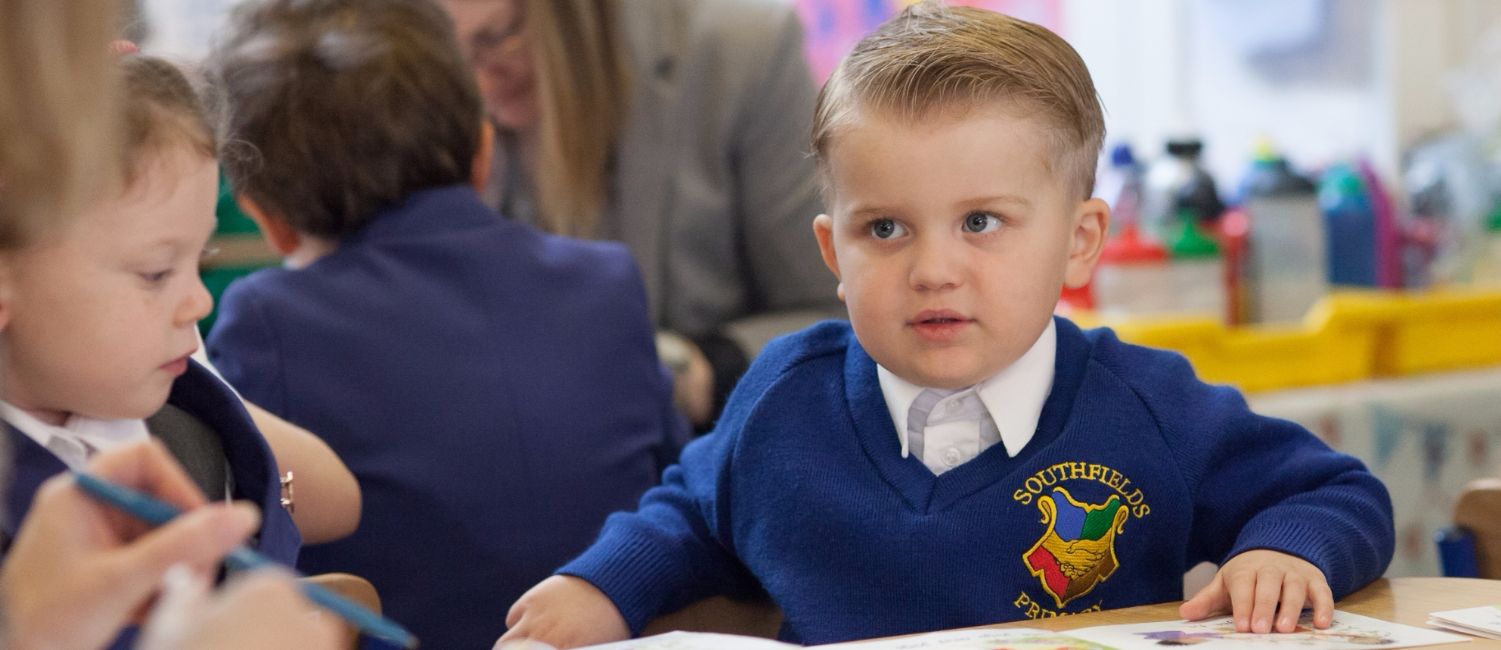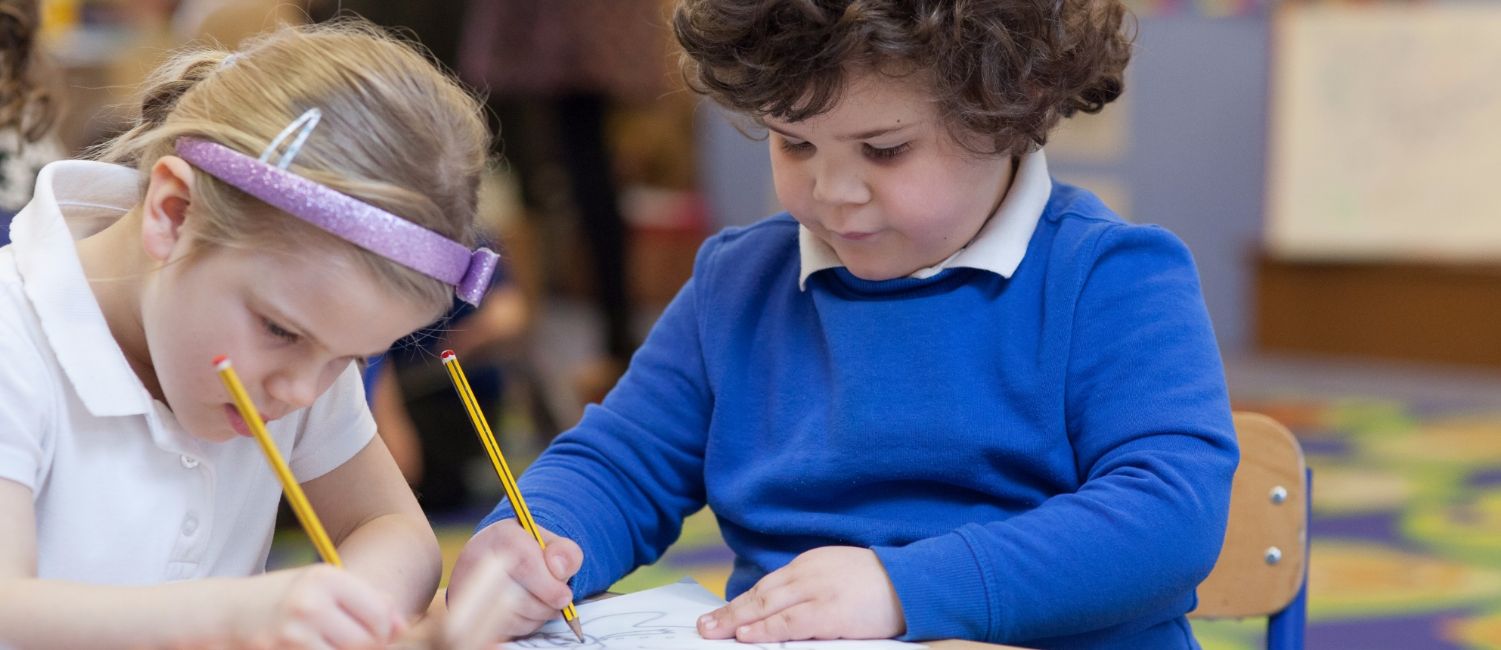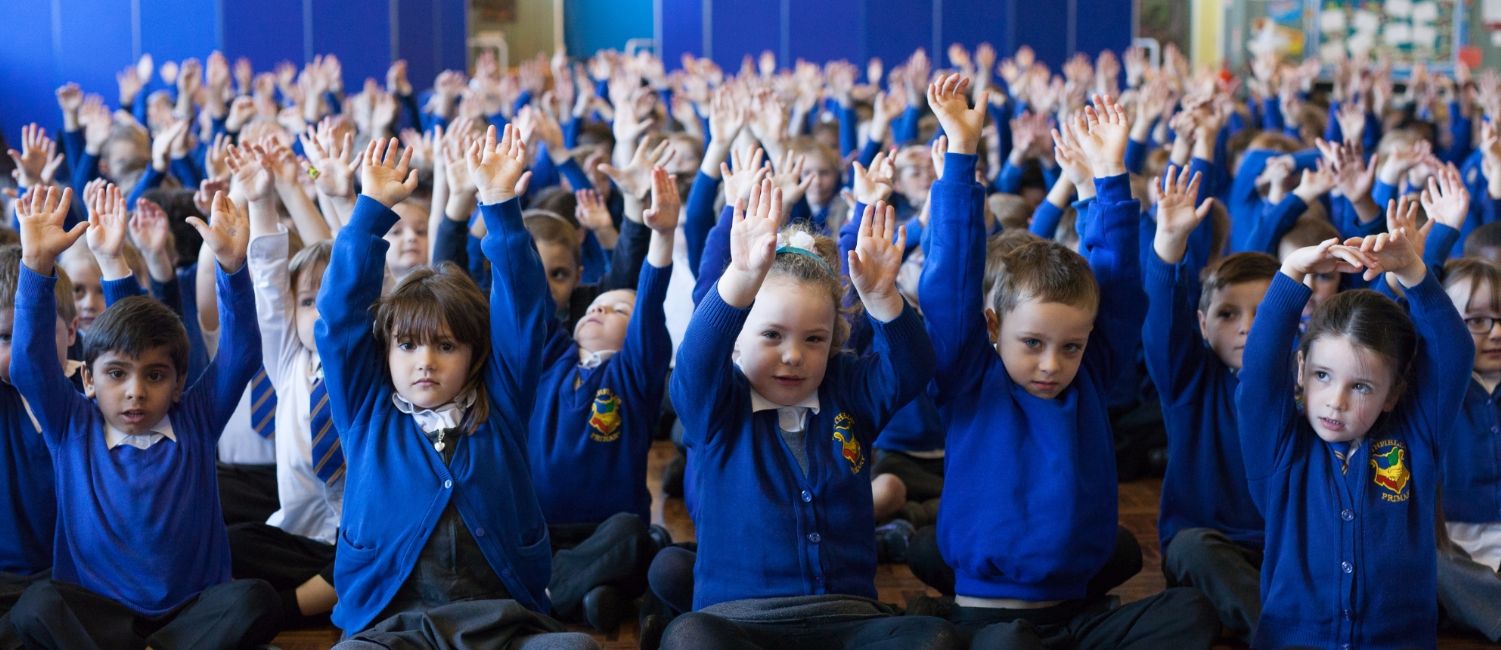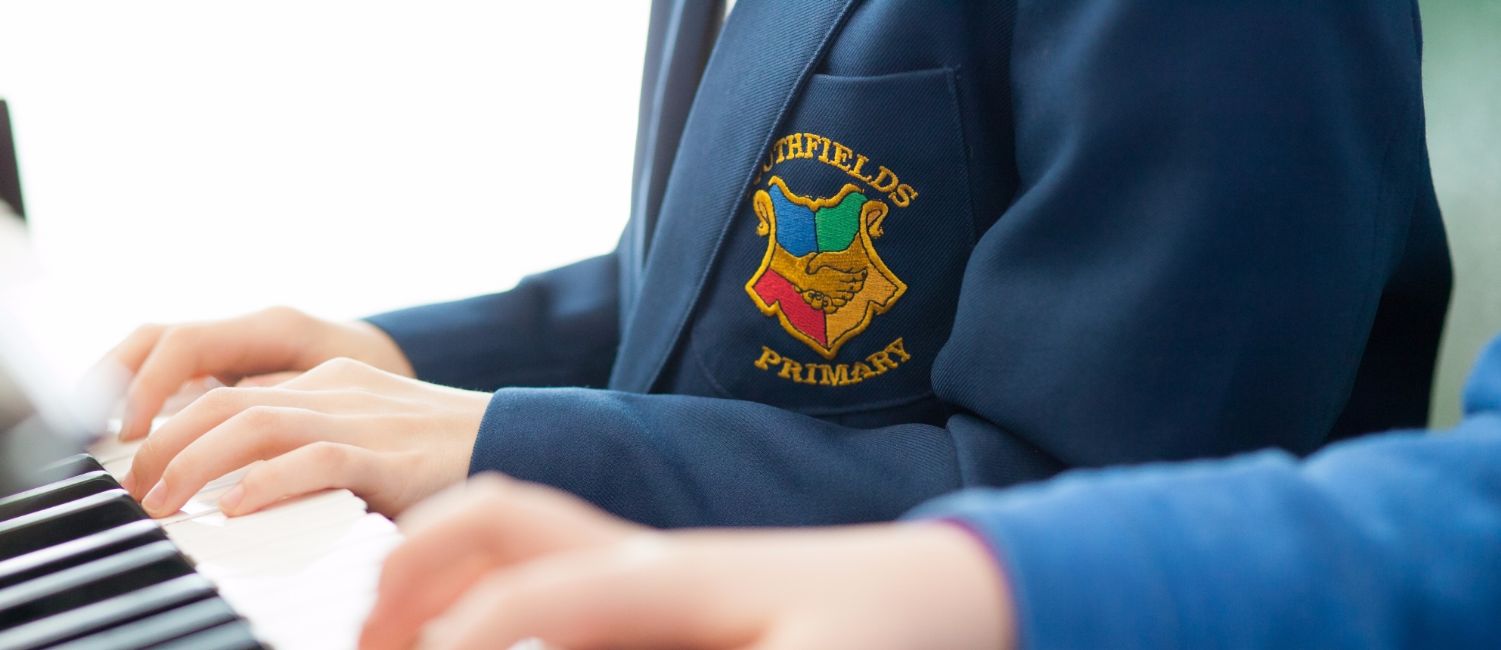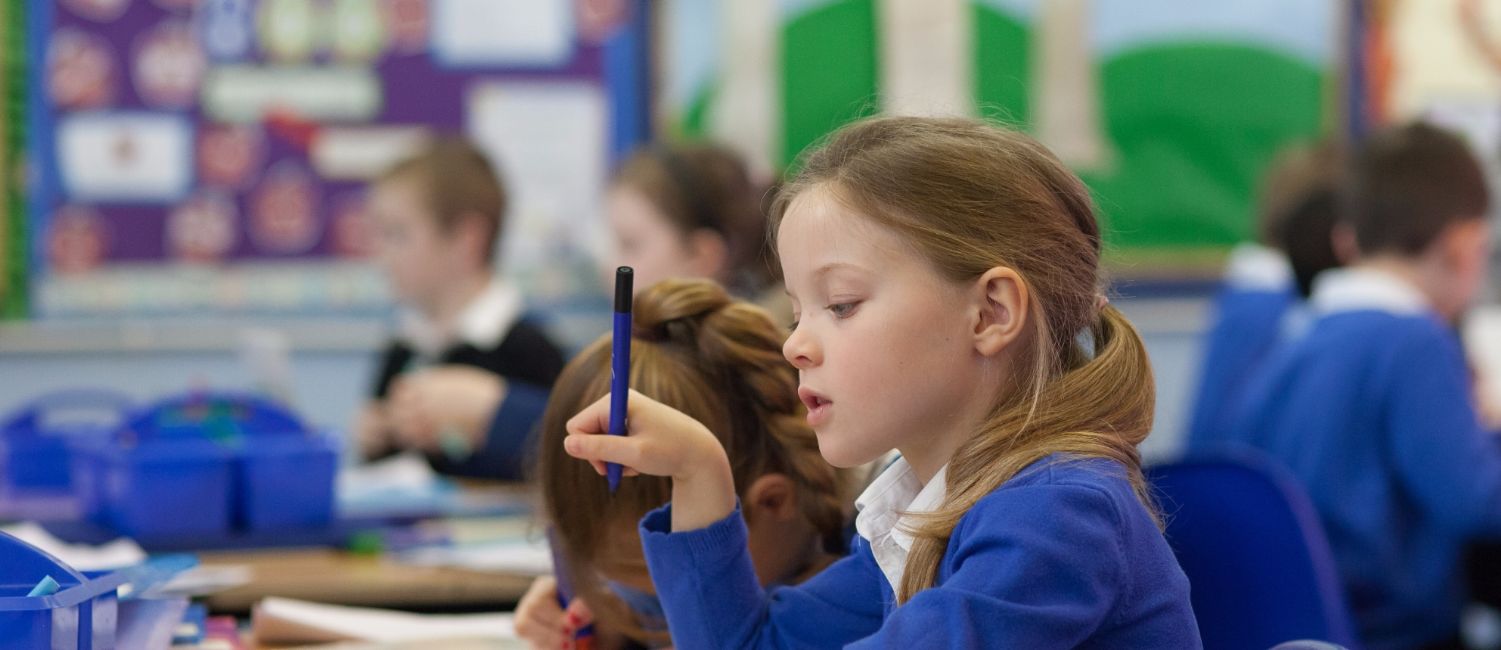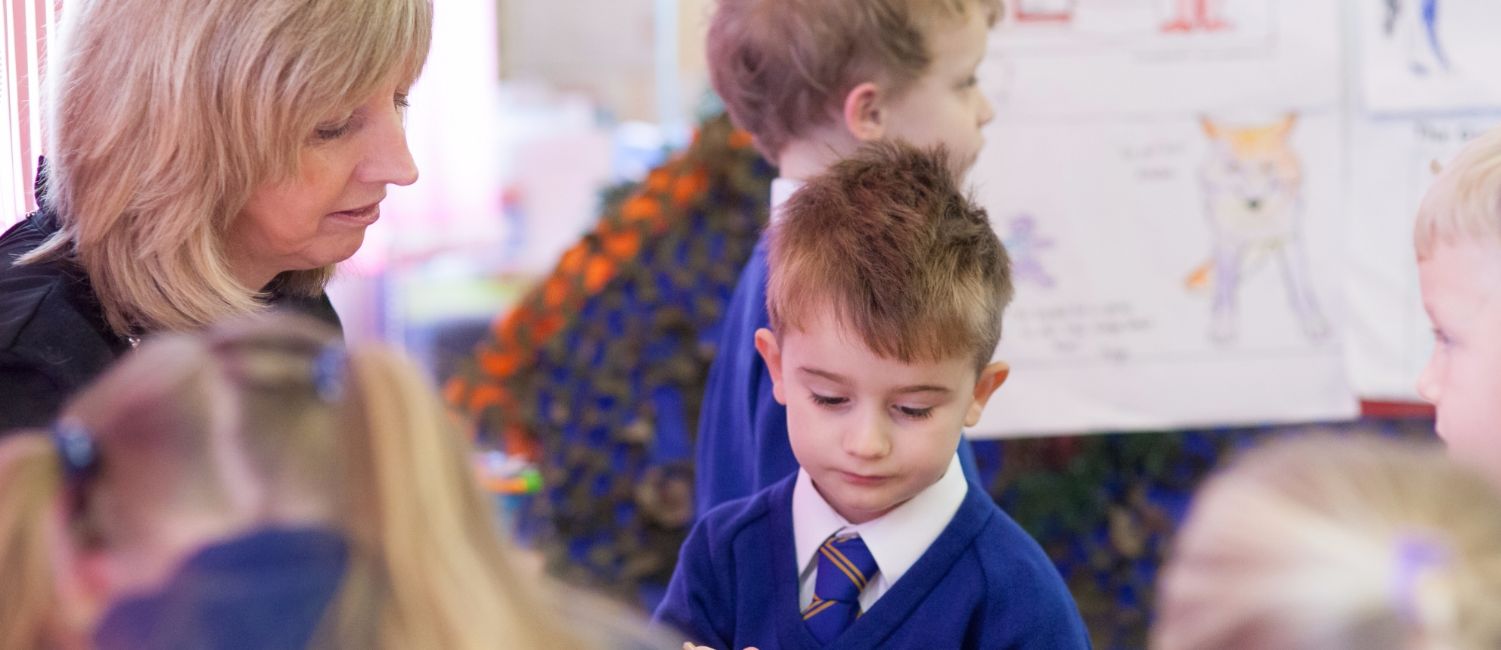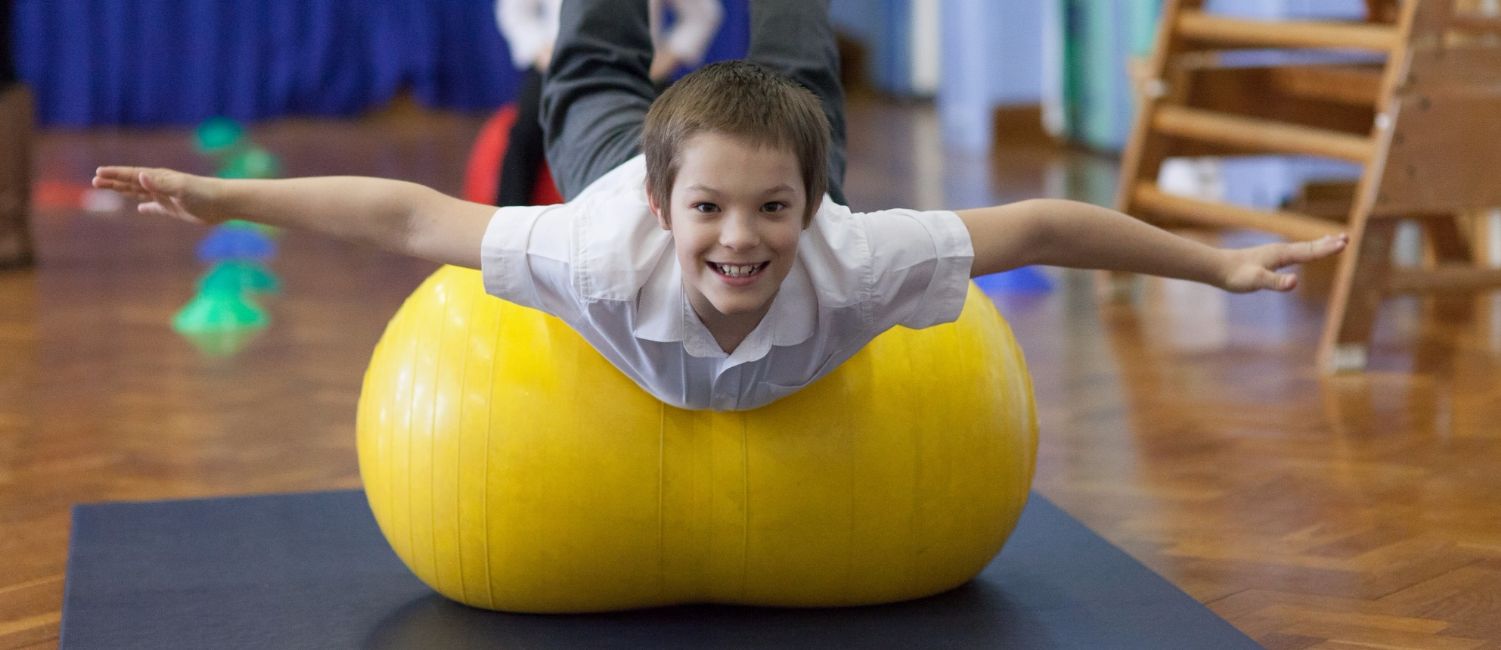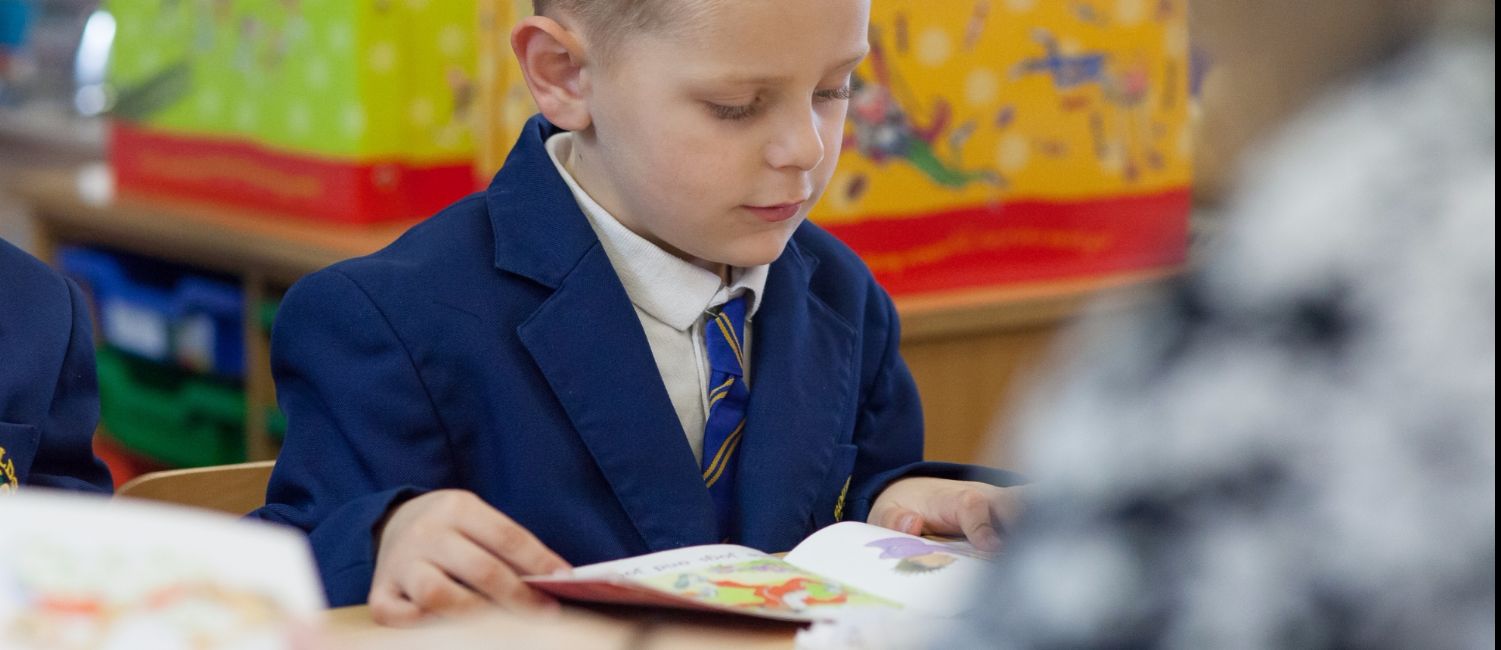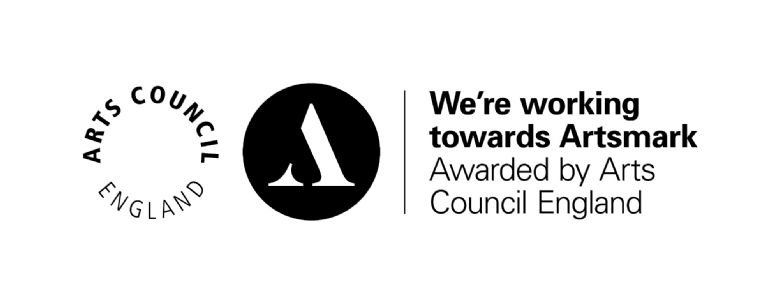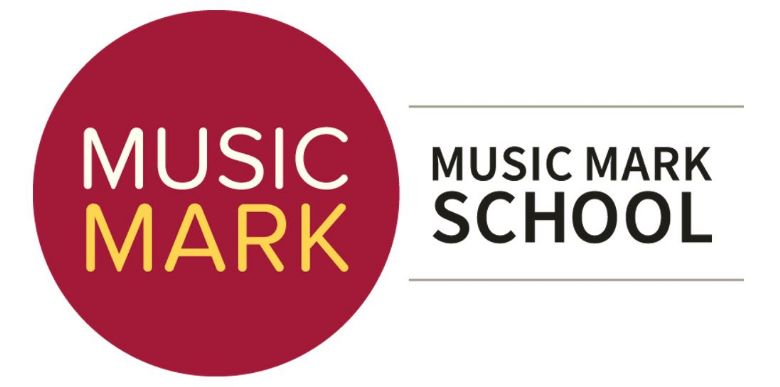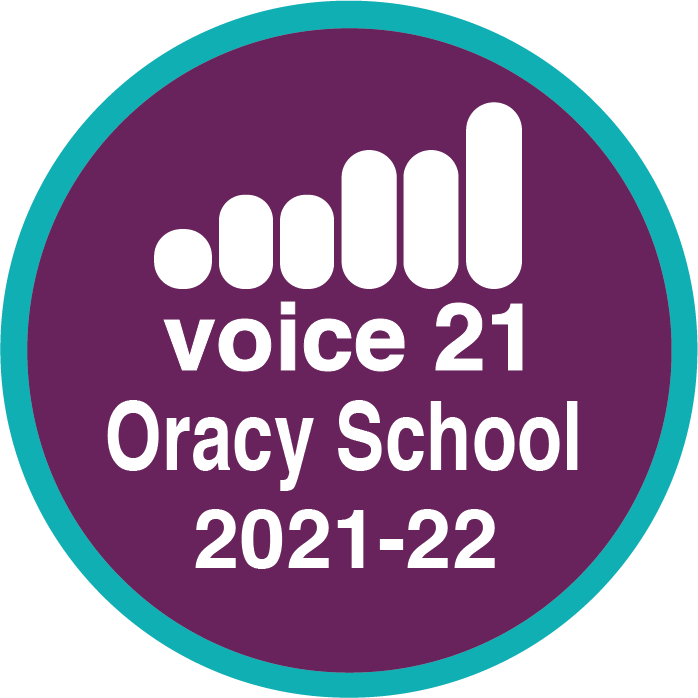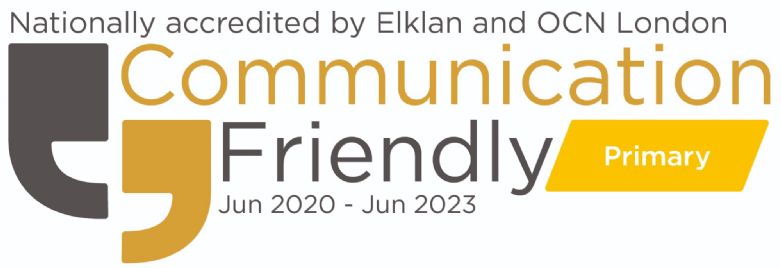Religious Education
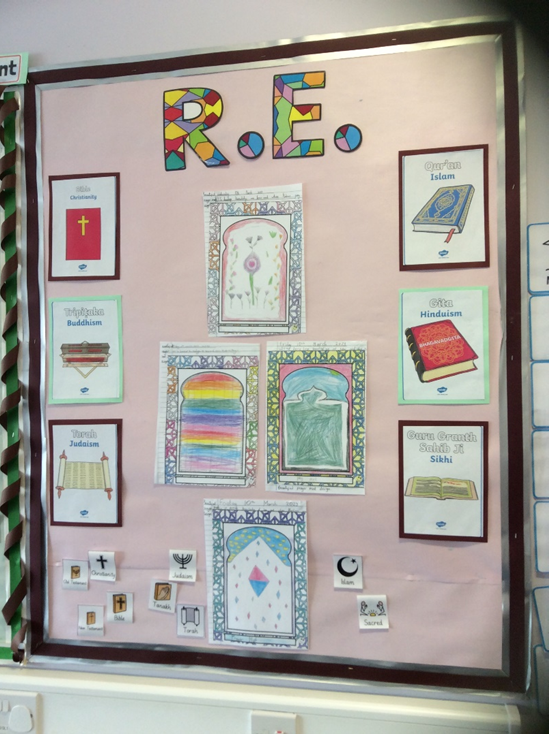
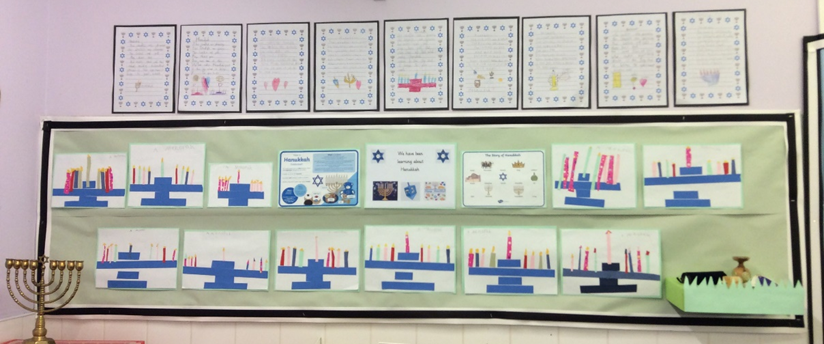
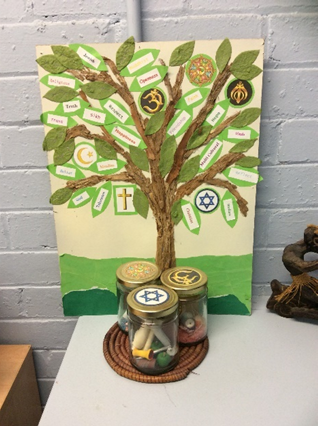
At Southfields, Religious Education is a subject taught to educate our pupils about different worldviews. It is a core subject of the basic curriculum for all pupils and is taught in accordance with the locally agreed syllabus (see below).
Aims
The main aim of RE at Southfields is to:
• To develop religious literacy
• To acquire and develop knowledge and understanding of Christianity and the other principal religions and world views represented locally, nationally and globally
• To develop an understanding of the influence of the beliefs, values and traditions on individuals, communities, societies and cultures
• To develop attitudes of respect towards other people who hold views and beliefs different from their own
• To develop the ability to make reasoned and informed judgements about religious issues, with reference to the principal religions and world views represented locally, nationally and globally
Thus creating:
- Successful learners who enjoy learning, make progress and achieve.
- Confident individuals who are able to live safe, healthy and fulfilling lives.
- Responsible citizens who make a positive contribution to society.
Time Allocation
A minimum of 5% curriculum time is required for the teaching of Religious Education.
This equates to
- 30 hours per year in EYFS (Reception year)
- 36 hours per year for KS1
- 45 hours per year in KS2
This time allocation is distinct from Collective Worship and Assemblies, which are in addition to the allocated hours.
Teaching and learning strategies
Religious Education at Southfields is taught through enquiry-based learning. ‘Big Questions’ are used as the focus of an enquiry, as recommended by The Peterborough Agreed Syllabus. This enquiry approach helps pupils to develop a deeper understanding of their learning as they go beyond facts and handle greater ideas and questions. This enquiry approach also helps to build pupils’ confidence as discussion is often facilitated by the children rather than being teacher-led.
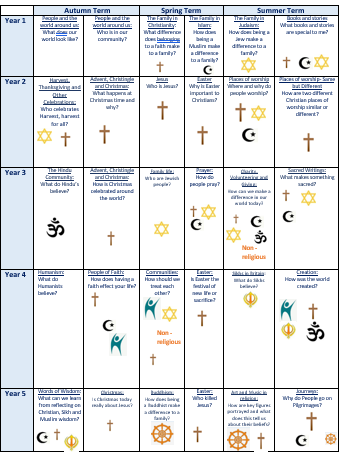

Religious Education enquiries can be carried out in a variety of exciting ways. This can include first-hand experiences, the exploration of artefacts and stimuli for discussions, lessons encompassing the Arts e.g. role-play, dance, music and drama, exploring the school grounds and the local area, as well as visitors, parent helpers and trips out.
Resources available
Resources available to use are organised into labelled boxes. Some of these items include pictures, stories, artefacts, clothing and topic books.
Visitors and parent helpers can be arranged to come into school to enhance children’s knowledge and understanding when learning about different religions, celebrations and festivals. They can also provide the children with exciting learning experiences that are relatable and meaningful.
School visits in relation to Religious Education take place throughout the school year. For example, visiting the local church to take part in Christingle and Easter Services, visiting Peterborough Cathedral and Peterborough Mosque.
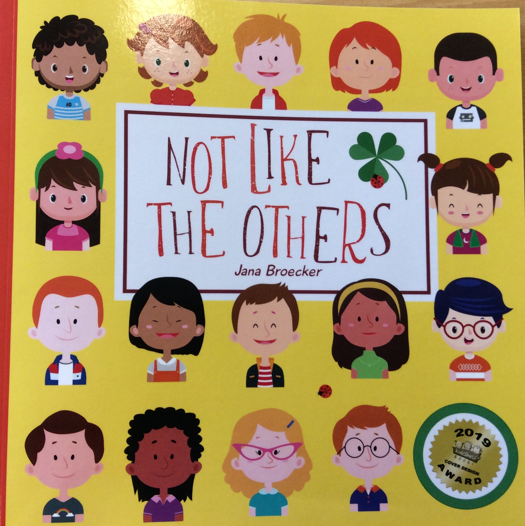
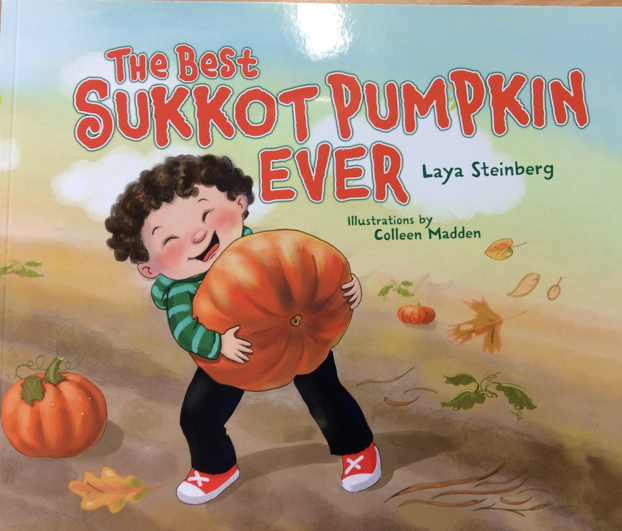
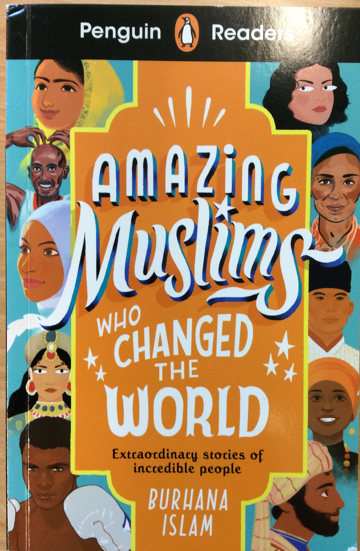
Contribution to other areas of the curriculum
Religious Education teaching can be used to enrich and be enriched by other areas of the curriculum, such as:
SMSC and British Values
- Encourages children to listen to others
- Encourages teamwork and democracy
- Encourages mutual respect and tolerance including different faiths and beliefs
- Encourages the rule of law
- Encourages individual liberty
Computing
- Improves and increases research skills through using the Internet and multi-media, including social networking
- Encourages more independent pupil learning.
- Improves research and presentation skills.
English
- Provides discussion opportunities to develop speaking and listening.
- Encourages skim reading when extracting information from books as well as higher order reading skills such as inference and deduction.
- Improves writing with expression such as writing poems and re-telling stories.
- Develops a greater vocabulary and word understanding.
Mathematics
- Encourages a greater understanding of large numbers including dates and chronology
- Encourages understanding of shape and measures through patterns
History
- Providing a better understanding of time-lines and chronology.
- Offering a study of different and diverse cultures.
- Seeking connections between current and past events.
- Learning from the past so it doesn't happen again in the future.
P.E
- Studying dances/movements used in worship or within different festivals.
Art
- Understanding how art is interpreted in religious expression.
- Illustrating pictorially religious faiths and beliefs.
- Understanding how symbols represent faiths and beliefs.
Music
- Learning about the music played at acts of worship or festivals.
- Experience instrument from different cultures.
Equal opportunities and Inclusion
Schools are required to teach Religious Education to all pupils on the school roll, unless parents exercise their right to withdraw their children from the subject. Children will be given equal access to Religious Education irrespective of race, gender, creed, level of ability or nationality. When planning and teaching Religious Education, teachers will consider:
- Setting suitable learning challenges.
- Responding to pupils' diverse learning needs.
- Overcoming potential barriers to learning and assessment for individuals and groups of pupils.
Withdrawal from RE Learning
The school recognises that parents may legally request that their child is withdrawn from Religious Education lessons. Where parents wish to exercise this right, we would ask them to contact the Headteacher. Arrangements will be made for the child(ren) to be supervised or engaged in another activity during this time.
Community Links
The school aims to promote close links with the local community:
-
- The children attend Christingle services at St John’s Church.
- The Christian Options in Peterborough Schools (CROPS, Educational Trust) deliver assemblies and workshops.
- The children visit places of worship throughout the year.
- Members of faith groups deliver assemblies and work alongside the children to enhance the curriculum.
- There is an Inter-Faith council in school which recognises religious celebrations and aspects of the religious curriculum in relation to students in the school.
In the past, a close link with a school in Pakistan was developed. They made regular visits to the school and collaborative projects have been designed. The aim is for children at Southfields Primary School to build communication with other school children overseas.
Assessment:
There are two progression targets which set out the knowledge, understanding and skills that pupils of different abilities and maturities are expected to have by the end of each year. These are:
PT1 – Knowledge and understanding of religions and worldviews
Enquiring into, investigating and understanding religions and beliefs. This includes thinking about and interpreting religious beliefs, teachings, sources, practices, ways of life, and ways of expressing meaning with reference to the specific beliefs and religions studied.
PT2- Responding to religion and worldviews
Questioning, exploring, reflecting upon and interpreting human experience in the light of religions and beliefs studied. This includes communicating reflections, responses and evaluations about questions of identity, belonging, diversity, meaning, purpose, truth, values, and commitments, making increasingly insightful links to the specific religions studied.
The PT1 and PT2 statements for each year group are attached below.
Reporting
Progression and achievement in Religious Education is reported annually through individual pupil reports to parents and discussed in parent’s evenings. End of key stage data is to be submitted to the Standing Advisory Council for Religious Education (SACRE) at the end of the summer term. Samples of pupils' work (different levels) and pictures (some annotation) of various ‘Religious Education’ activities that have taken place in the School are kept in the subject portfolio.
Review and Monitoring
The monitoring of the standards of children’s work and the quality of the teaching in Religious Education is the responsibility of the Religious Education subject co-ordinator. This involves supporting colleagues with the planning, teaching and assessing of Religious Education. The co-ordinator will monitor schemes of work, pupil experiences, resources, teaching methods and pupil needs. These areas will be evaluated in discussion with the head teacher, subject co-ordinator and teaching staff and amendments made accordingly, who report to the Governors in their annual report.
